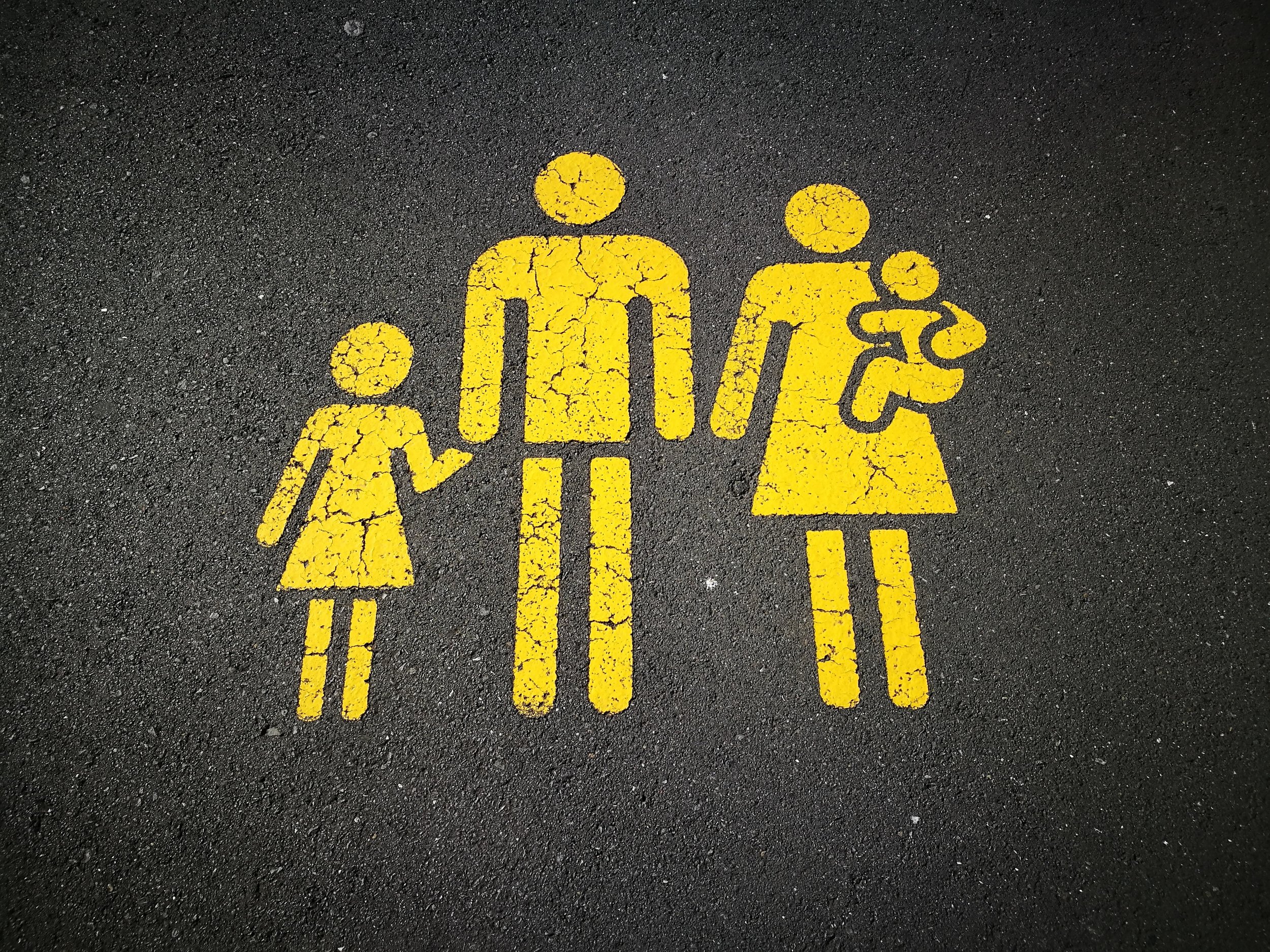Demographic Trends Show Japan at a Crossroads
Reaching into the heart of Japan's intricate social tapestry, two crucial statistics reveal a nation at a crossroads. For the first time since records began, Japan’s birth rate plunged to less than 800,000 in 2022. Then in 2023, the gender gap survey saw a noteworthy decline in Japan's ranking, highlighting the persistent under-representation of women. Together these trends represent a demographic challenge of profound significance.
A Declining Birth Rate: the demographic quandary
The dwindling birth rate serves as a poignant indicator of Japan's transformative demographic shift and the challenges ahead. Various societal factors have influenced Japanese family planning. Economic uncertainties, high living costs, and the evolving priorities of the younger generation are reshaping traditional expectations around marriage and parenthood.
The Japanese work culture, renowned for its demanding nature, adds an additional issue to contend with. Many couples are marrying later in life and having fewer children. Anxieties related to job security and financial stability act as deterrents, while individuals are also actively choosing to prioritise career aspirations and personal pursuits over starting families. Together this is creating a demographic landscape where the elderly now outnumber the youth. The social and economic consequences may be severe if this trend continues.
The Gender Gap: an evolving narrative
While the birth rate takes a dip, Japan is simultaneously navigating a subtle transformation in its gender dynamics. The 2023 World Economic Forum gender gap report lays bare social attitudes, which show Japanese society has persistent disparities between opportunities for men and women. Historically, deeply ingrained gender norms have limited women's access to professional and personal growth. However, global influences and a growing awareness of gender equality are gradually shaping a new narrative. While Japan has dropped in international rankings, women in the country have maintained good access to education and healthcare, allowing them to take greater control of family planning.
To narrow the gender gap, Japan must move towards greater inclusivity and equal opportunities for both genders. Increased access to education, changing workplace dynamics, and a growing emphasis on diversity and inclusion will contribute to this. But work must also be done to eradicate the lingering barriers that hinder the full participation of women, particularly in political and economic areas of life.
Connecting the Dots: empowering women at work and at home
The correlation between Japan's declining birth rate and shifting gender dynamics points to a critical need – the empowerment and integration of highly educated women into Japan's economic, political and social spheres. Women equipped with advanced degrees and skills have a crucial role in shaping Japan’s future. They constitute an untapped resource that can invigorate Japan's workforce and stimulate economic growth.
Initiatives such as mentorship programmes, flexible working arrangements, access to childcare and targeted policies to address gender-based discrimination are essential. By listening to their voices and adapting workplace cultures, Japan can ensure that women have equal access to leadership positions, including political representation. This will contribute to a more balanced and inclusive decision-making process, accelerating societal change.
Social Impact: redefining cultural norms
The change required to integrate women into the fabric of Japanese decision making extends beyond the economic and political realms. Cultural norms and expectations surrounding gender roles must evolve to reflect the diverse aspirations and contributions of both men and women. Education and awareness campaigns can play a pivotal role in challenging stereotypes and fostering a more inclusive culture.
Highlighting the achievements and success stories of women in different arenas can inspire the younger generations to pursue their aspirations without being constrained by gender-based expectations. Schools, workplaces, and communities can become catalysts for change, promoting an environment where individuals are judged on their abilities and merits rather than gender.
How can marketing change perceptions of women in Japan?
There are a variety of ways in which marketing campaigns can support Japan’s demographic challenges.
Empowerment campaigns : Develop campaigns that celebrate the achievements of women in various fields. Use real stories to inspire and connect with the audience, positioning your brand as a supporter of women's empowerment.
Inclusive branding : Ensure that marketing materials, including advertisements and product packaging, reflect diversity and inclusivity. Represent women from different backgrounds and professions to resonate with a broad audience.
Educational initiatives : Collaborate with educational institutions to support programmes that encourage women to pursue higher education. Sponsor scholarships, workshops or mentorship programmes that align with your brand's values.
Political engagement : Engage with female political figures and activists to demonstrate your brand's commitment to gender equality. Consider partnerships that amplify the voices of women in the political arena.
Interactive social media campaigns : Launch social media campaigns that encourage discussions around gender equality, using branded hashtags to amplify your message. Host live discussions, webinars, or Q&A sessions featuring influential women.
Navigating the crossroads
Japan finds itself at a key point, grappling with a declining birth rate and the need to advance gender equality. The correlation between these two challenges underscores the relationship between demographic sustainability and the advancement of highly educated women.
Economic empowerment, political representation and cultural transformation are integral components of this national journey. By dismantling barriers, challenging stereotypes and fostering an inclusive environment, Japan can harness the full potential of its population, ensuring a brighter and more sustainable future.
The time for change is now, and Japan's adaptability will determine its resilience in the face of the demographic challenges and global transformations ahead.
Pointblank Promotions can provide tailored support to companies wishing to expand into the Japanese market. Please feel free to contact us to discuss your needs using the enquiries link below.
Contact us : Pointblank Promotions Ltd
This article was created in partnership with ChatGPT and humans from Pointblank

